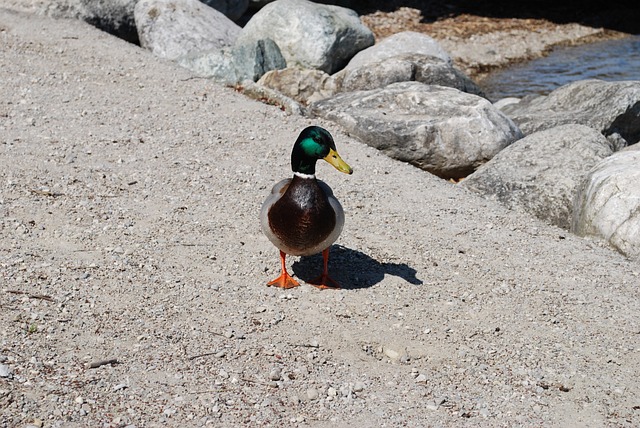the plural of dice 🔥 The Plural of Dice: Understanding the Evolution of Language and Its Implications

The Plural of Dice: Understanding the Evolution of Language and Its Implicationsthe plural of dice
In the intricate tapestry of the English language, few words evoke as much debate and confusion as the term “dice.” This seemingly straightforward plural form has become a focal point of linguistic discussion, revealing not only the complexities of English grammar but also the broader implications of how language evolves over time. The discussion surrounding the pluralization of “dice” serves as a microcosm of the ongoing dialogue about language, culture, and communication.the plural of dice

At the heart of the matter lies the root of the word itself. “Die,” the singular form, is derived from the Old French “dé,” which in turn comes from the Latin “datum,” meaning “something given or played.” Historically, the singular “die” was the term used to refer to a single gaming piece, while “dice” emerged as the plural form in the English vernacular. This differentiation between singular and plural forms is a hallmark of the English language, which has borrowed extensively from other languages throughout its evolution.
However, the debate intensifies when examining the usage of “dice” in contemporary contexts. In everyday conversation and casual writing, it is increasingly common for individuals to use “dice” as both singular and plural. This linguistic shift can be attributed to several factors, including the influence of popular culture, the democratization of language through social media, and the natural tendency for language to adapt to the needs of its speakers. As such, one must consider whether this shift signifies a degradation of linguistic standards or a natural evolution of language.the plural of dice
Proponents of the traditional usage argue that maintaining the distinction between “die” and “dice” preserves the integrity of the language and upholds grammatical standards. They assert that language is not merely a tool for communication but also a reflection of culture and history. Upholding traditional forms, they argue, honors the roots and complexities of the language, ensuring that future generations appreciate and understand the nuances that have shaped it.the plural of dice
Conversely, advocates for the more flexible use of “dice” contend that language is inherently fluid and that strict adherence to traditional forms can stifle creativity and expression. They argue that as language evolves, so too must our understanding and acceptance of its usage. The rise of digital communication has democratized language, allowing diverse voices and usages to flourish. This perspective embraces the idea that language is a living entity, shaped by the people who use it, rather than a static system bound by rigid rules.
The implications of this debate extend beyond mere semantics. The way we perceive and use language can influence social dynamics and power structures. Language serves as a vehicle for identity and belonging, and variations in usage can signify group membership or cultural affiliation. As such, the choice to use “dice” in a singular context may reflect broader societal trends towards inclusivity and the acceptance of diverse linguistic expressions.the plural of dice
Furthermore, the discussion surrounding “dice” also intersects with the realm of education. Language instruction has traditionally emphasized the importance of standard grammar and usage, yet the rise of informal communication methods challenges educators to adapt their teaching approaches. Should language curricula prioritize traditional forms, or should they embrace the evolving nature of language as a reflection of contemporary society? This question remains a point of contention among educators, linguists, and students alike.
In practical terms, the rise of the informal usage of “dice” highlights the need for context in language. While precise language is essential in academic and professional settings, the informal usage may find its place in casual conversation and creative writing. Recognizing the diverse contexts in which language operates can foster a greater appreciation for its richness and complexity.
As we navigate this ongoing dialogue, it is crucial to approach the topic with an open mind and a willingness to engage in constructive discourse. The plural of “dice” may seem like a trivial matter, but it serves as a lens through which we can examine broader themes of language, culture, and identity. Ultimately, the evolution of language is a testament to the resilience and adaptability of human communication.the plural of dice
In conclusion, the plural of “dice” embodies the dynamic nature of language and the ongoing tension between tradition and innovation. Whether one adheres to the conventional forms or embraces the evolving usage, the discussion surrounding “dice” invites us to reflect on the nature of language itself. It challenges us to consider how language reflects our identities, shapes our societies, and evolves alongside us in an ever-changing world. As we move forward, it is essential to engage with these linguistic debates, recognizing that they hold the power to shape our understanding of communication and connection in the modern age.the plural of dice

Fale conosco. Envie dúvidas, críticas ou sugestões para a nossa equipe através dos contatos abaixo:
Telefone: 0086-10-8805-0795
Email: portuguese@9099.com


